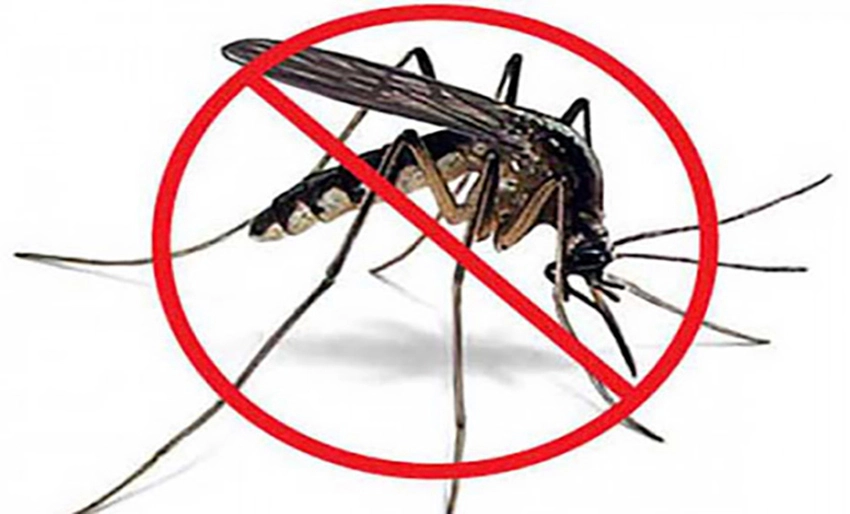
Scientists worldwide are taking part in the 18th International Course on dengue and other emerging arboviruses, organized in Havana by the Pedro Kouri Tropical Medicine Institute (IPK), which is leading institution on communicable diseases.
Specialists from Argentina, Brazil, Nicaragua, Costa Rica, Paraguay, Puerto Rico, the United States, and Cuba, as host, are attending this edition, in addition to 12 experts from the World Health Organization (WHO) and the Pan American Health Organization (PAHO), who will make technical contributions, and provide advice, regarding the management of arboviral disease outbreaks.
Among the experts are Dr. Maria Van Kerkhove, Acting Director of the WHO Department of Epidemic and Pandemic Prevention and Preparedness; and Dr. Andrea Vicari, head of the Infectious Threat Management Unit at the PAHO Health Emergencies Department.
One of the goals is to update and debate the epidemiological situation and advances in the knowledge, prevention, and control of dengue and other arboviruses with special reference to chikungunya, zika, yellow fever, Mayaro, and Oropouche.
Official figures show that 2023 was the year with the highest historical records of dengue cases worldwide. More than 4,5 million cases, including 7,665 severe cases and 2,363 deaths, were reported in the Americas only.
The Course, which will run until August 30, is jointly organized by the Panamerican and World (PAHO/WHO) Health Organizations’ Center for the Study of Dengue and its Control, the Pedro Kouri Tropical Medicine Institute, the Cuban Society of Microbiology and Parasitology, and the Cuban Health Ministry (MINSAP).
With information from Agencies
Cuban experts are working on a national information system on the manifestations of climate change in agriculture, forestry and other sectors related to land use, FAO said today.
The Food and Agriculture Organization of the United Nations (FAO) announced today that decision-makers and stakeholders linked to agri-food systems will be able to access up-to-date and accurate data and increase their knowledge on the subject.
Through a technological platform, the Climate Change Information System for Agriculture (Sicca) will facilitate the collection, monitoring and reporting of climate change actions implemented in the agri-food sector.
With information from CubaSi
- Installation of Photovoltaic Systems in Rural Communities in Holguin - 19 de January de 2026
- 39th City Salon Opens in Holguin - 19 de January de 2026
- Habanos Festival Among Cuba’s Most Important Tourism Events - 19 de January de 2026
